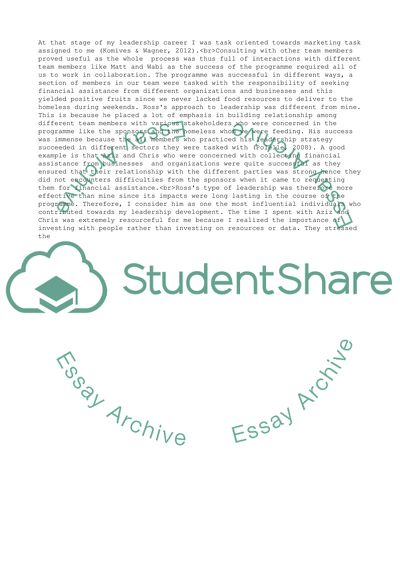Cite this document
(Leading and managing people Essay Example | Topics and Well Written Essays - 1750 words - 1, n.d.)
Leading and managing people Essay Example | Topics and Well Written Essays - 1750 words - 1. https://studentshare.org/management/1875024-leading-and-managing-people
Leading and managing people Essay Example | Topics and Well Written Essays - 1750 words - 1. https://studentshare.org/management/1875024-leading-and-managing-people
(Leading and Managing People Essay Example | Topics and Well Written Essays - 1750 Words - 1)
Leading and Managing People Essay Example | Topics and Well Written Essays - 1750 Words - 1. https://studentshare.org/management/1875024-leading-and-managing-people.
Leading and Managing People Essay Example | Topics and Well Written Essays - 1750 Words - 1. https://studentshare.org/management/1875024-leading-and-managing-people.
“Leading and Managing People Essay Example | Topics and Well Written Essays - 1750 Words - 1”. https://studentshare.org/management/1875024-leading-and-managing-people.


